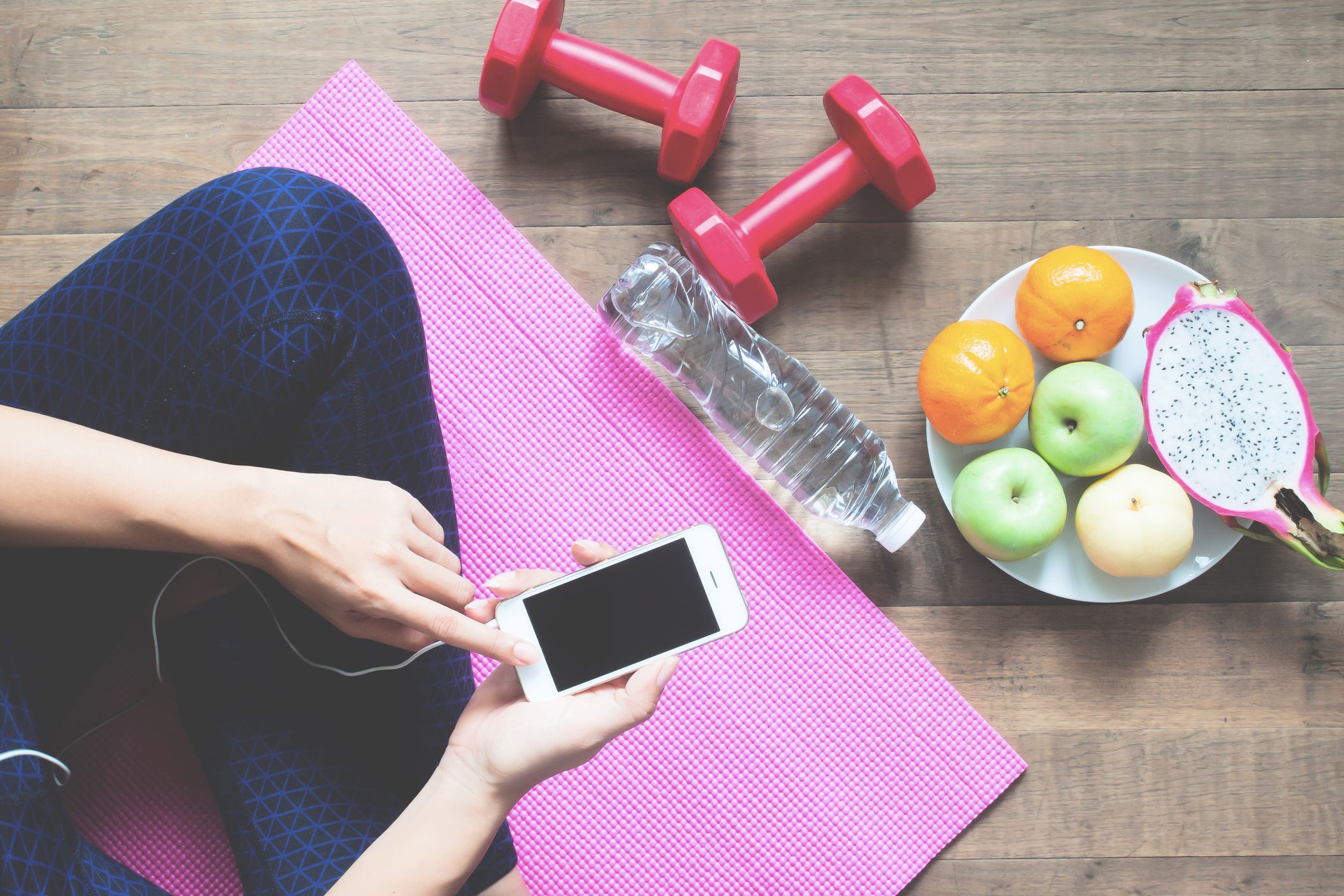
#BEST FOOD TRACKING APP PRO#
That sounds good in theory, but as registered dietitian Abby Langer notes, there is a limit to how much energy we can actually expend through physical activity – only up to 30 percent of what we eat (unless you're a pro athlete or have a job with similarly intense physical demands). After logging one 30-minute cross-training session with my fitness trainer, the app added an extra 340 calories to my daily food allowance. I use my app to track my weight and my exercise, too. It makes sense: Most of us are glued to our smartphones all the time anyway. And he says his patients who use apps are more likely to keep up with the logging than those who rely on pen and paper. Every time you use a food diary, you're reminding yourself of all those behaviors you're hoping to change - and that, in turn, is a powerful way to encourage and sustain behavior change."įreedhoff has his patients keep food diaries. "But it also has benefits to behavior change.

He says knowing how many calories you're consuming "may help in your decision-making in regard to what you can and can't afford or want" to eat. "How many people out there have done this exercise from a money perspective and realized, 'Holy crap! I'm spending that much at Starbucks!' I think that similarly we might say that about the calories we're spending at Starbucks," Freedhoff says. Basically, logging becomes a food budget - and he says it's not that different from creating an actual financial budget. Yoni Freedhoff, an obesity medicine clinician and an assistant professor of family medicine at the University of Ottawa in Canada. Research shows that logging what you eat can be one powerful strategy for weight loss, says Dr.


 0 kommentar(er)
0 kommentar(er)
